简体中文
繁體中文
English
Pусский
日本語
ภาษาไทย
Tiếng Việt
Bahasa Indonesia
Español
हिन्दी
Filippiiniläinen
Français
Deutsch
Português
Türkçe
한국어
العربية
What Xtreme Markets Isn’t Telling You About Its Regulation
Abstract:Xtreme Markets, a forex and CFD broker, operates under a licence issued by the Financial Services Commission (FSC) of Mauritius. While this regulatory stamp may appear reassuring at first glance, a closer look at the nature of offshore licences reveals several critical factors that investors should not ignore.
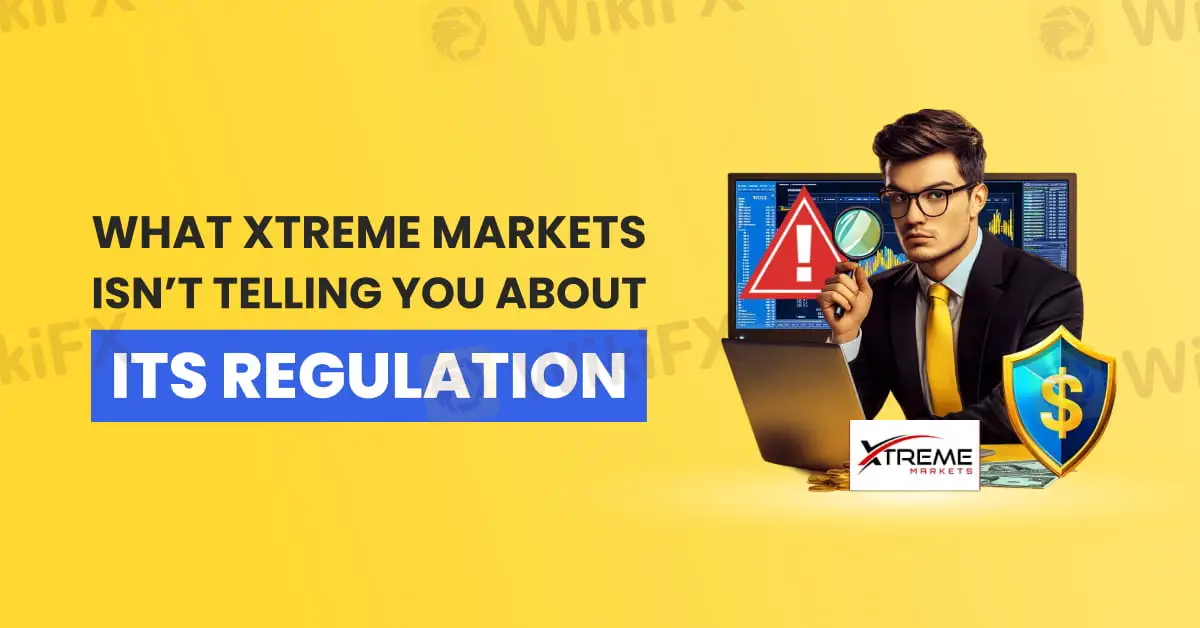
Xtreme Markets, a forex and CFD broker, operates under a licence issued by the Financial Services Commission (FSC) of Mauritius. The company holds a Retail Forex Licence with registration number GB22200951. While this regulatory stamp may appear reassuring at first glance, a closer look at the nature of offshore licences reveals several critical factors that investors should not ignore.

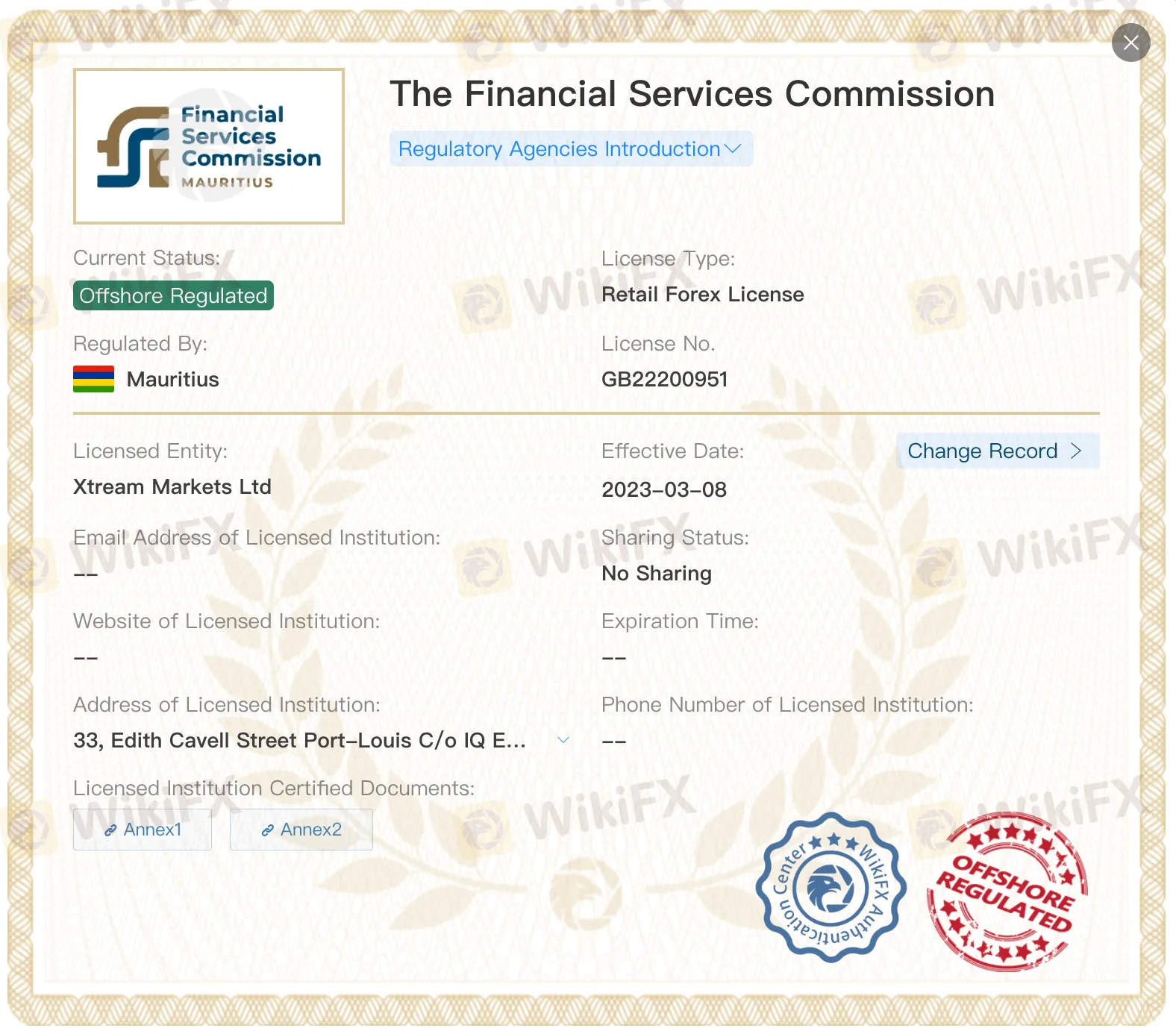
The FSC of Mauritius is categorised as an offshore regulator. Offshore jurisdictions typically offer lower entry barriers for brokers, including less stringent capital requirements, minimal ongoing supervision, and limited mechanisms for investor redress in cases of misconduct. This regulatory leniency is often used by firms seeking operational freedom while still presenting a façade of legitimacy to unsuspecting clients.
Although Xtreme Markets is technically regulated, the offshore nature of its licence introduces a significant level of underlying risk. Offshore regulators are not generally known for active enforcement or tight oversight, which means that client protection may be minimal. In the event of a dispute or broker insolvency, recovering funds can become a lengthy and uncertain process.
Onshore vs Offshore Forex Broker Licences: Why the Difference Matters
Understanding the difference between onshore and offshore regulation is essential for any trader evaluating a broker. Onshore regulators, such as the UK's Financial Conduct Authority (FCA), the Australian Securities and Investments Commission (ASIC), or the Commodity Futures Trading Commission (CFTC) in the United States, are known for strict standards. These include segregation of client funds, compensation schemes, transparent fee disclosures, and strong compliance checks.
In contrast, offshore regulators typically lack the infrastructure and legal frameworks necessary to provide comparable investor protection. This gap is often exploited by brokers that wish to operate internationally while avoiding the costs and compliance burdens associated with reputable onshore jurisdictions. In many cases, brokers registered offshore may still actively solicit clients in regulated countries without being authorised to do so, raising serious concerns about transparency and legal standing.
This is not to say that every offshore-licensed broker operates unethically, but the lack of robust oversight significantly increases the risk for investors. Without comprehensive regulation, the brokers internal practices, such as how client funds are handled or how trades are executed, remain largely unverified by a credible third party.
While Xtreme Markets may present itself as a regulated broker, its status as an offshore-licensed entity under the Mauritius FSC highlights important limitations in terms of regulatory assurance and investor protection. Traders considering such brokers should exercise heightened caution and ensure they fully understand the nature of the regulatory environment in which the broker operates.

Disclaimer:
The views in this article only represent the author's personal views, and do not constitute investment advice on this platform. This platform does not guarantee the accuracy, completeness and timeliness of the information in the article, and will not be liable for any loss caused by the use of or reliance on the information in the article.
Read more
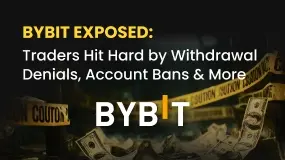
Bybit Exposed: Traders Hit Hard by Withdrawal Denials, Account Bans & More
Is your forex trading experience with Bybit far from ideal? Do you continue to face withdrawal denials? Does Bybit ban your account without any reason? Have you failed to receive the reward on winning the trading challenges? We must say, you have made the wrong move by partnering with Bybit, which has been scamming traders. In this article, we will share multiple complaints that traders have made against the scam forex broker. Keep reading!
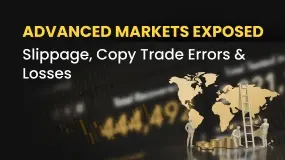
Advanced Markets Exposed: Slippage, Copy Trade Errors & Losses
Have you made profits using the copy trade strategy implemented by Advanced Markets? But did the withdrawal stop as the company cited questionable trades? Have you failed to receive any email from this broker regarding the investigation it claimed? Are high slippages and trade losses regular with Advanced Markets? These are nothing but scams. Many traders have openly criticized the UK-based broker for these suspicious forex trading activities. In this article, we will share trader comments against the broker. Keep reading!

Plus500 Launches $90 Million Share Buyback Programme
Plus500 has officially launched a $90 million share buyback programme. The initiative forms part of the company’s wider plan to distribute $165 million to investors.
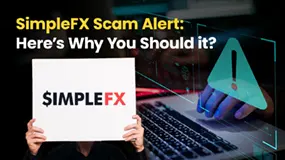
SimpleFX Scam Alert: Here’s Why You Should it?
While you are free to choose the broker that suits your needs, it is crucial to remain cautious during the selection process. Many brokers may appear genuine at first glance, but in reality, they operate fraudulently. SimplyFX is one such broker that raises serious concerns. Read this article to understand why we consider SimplyFX to be a potential scam broker.
WikiFX Broker
Latest News
European leaders to join Zelensky at White House meeting with Trump
Where is ThinkMarkets Broker Licensed to Operate?
Trader in Thane Duped of ₹4.11 Cr in Online Scam
BlackBull Markets and CopyTrade Market Formalise Integration
IG Japan Ends Discount Program on Aug 17
Plus500 Launches $90 Million Share Buyback Programme
Strongest Level for MYR Coming Soon?!
Bybit Exposed: Traders Hit Hard by Withdrawal Denials, Account Bans & More
Fraud Alert: FCA Warns Against 10 Unlicensed Brokers
An In-depth Guide to Forex Spread Calculation
Currency Calculator


